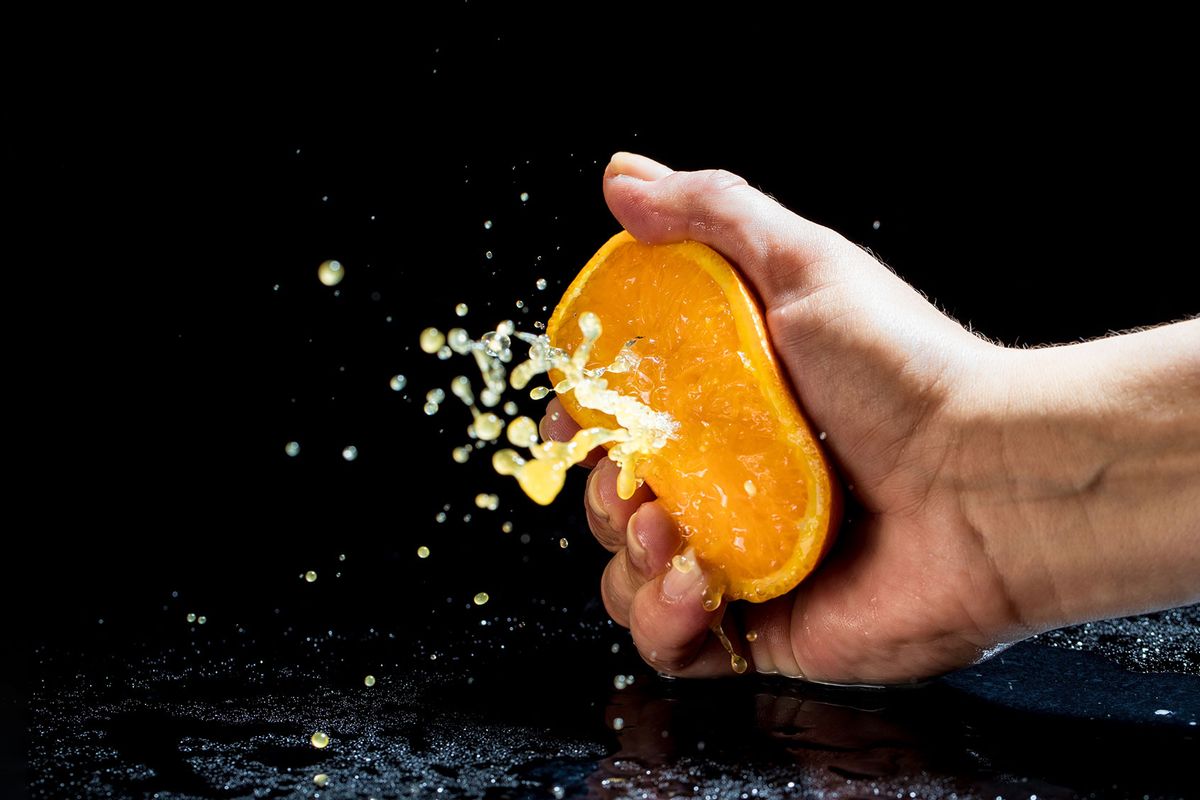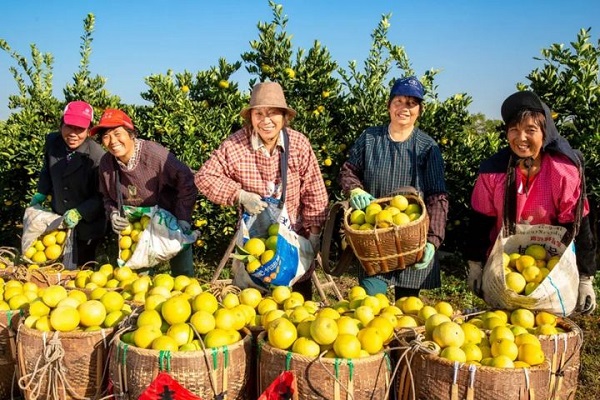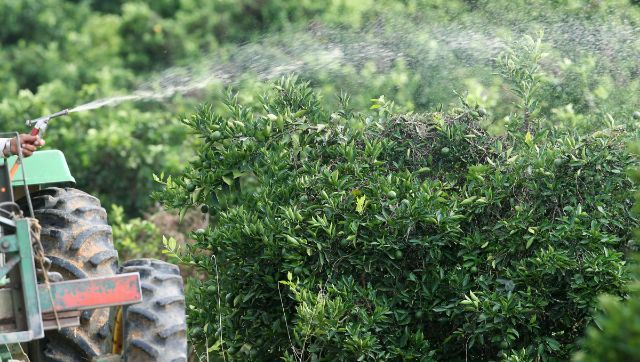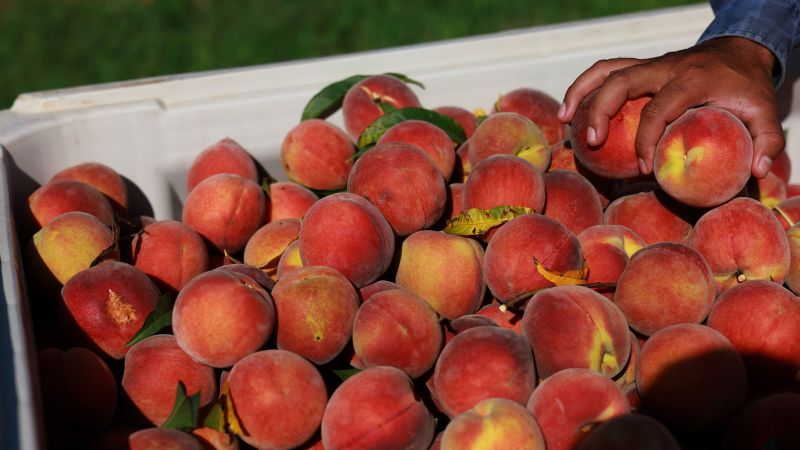
Climate change hits Jeju island's mandarin oranges
China DailyThe pillar mandarin orange sector on South Korea's Jeju island is facing mounting challenges as climate change disrupts traditional cultivation practices, with prolonged tropical nights and rising temperatures delaying harvests and impacting fruit quality, according to latest industry reports. "Mandarins develop their yellow color when nighttime temperatures fall below 20 C," said Hyun Jong-ho, manager at the Namwon Agricultural Product Center, one of Jeju's busiest distribution centers. As of 2023, the oranges accounted for 55.8 percent of Jeju's total agricultural revenue, generating 1.32 trillion won that year, with 35.7 percent of Jeju's arable land devoted to citrus farming, according to the Korea Rural Economic Institute. Mandarin oranges are also a symbol of Jeju's agricultural history as the fruit trees on the island bloom during the harvest season.
History of this topic

Climate change hits Jeju island's mandarin oranges
China DailyDiscover Related





)



